Nadir B. Godrej, 66, is not just a titan of Indian agribusiness. He is also an accomplished poet, as a wide-eyed audience discovered at this year’s Asia-Pacific Agri-Food Innovation Week in Singapore.
Godrej, who serves as chairman of his family’s animal feed and agribusiness Godrej Agrovet Limited (GAVL), set the room alight with a lively reading of his poem below — a far cry from the more prosaic (and often repetitive) paeans to sustainability, which normally get trotted out by large corporates to a smartphone-distracted crowd on such occasions.
In an interview with AFN after his poetry reading, Godrej said he got his knack for a poetic turn of phrase from his grandmother, who used to write in support of Indian independence.
Godrej said he writes poems all the time, always with a purpose. (You can read some here). And a love of verse has continued down the family. His son, he said, prefers rap.
“If I had enough time, I could beat him,” Godrej said of the possibility of a father-son rap battle. Though he conceded that he would likely lose if he had to improvise.
Aside from poetry, Godrej has a Bachelor’s degree in Science from the Department of Chemical Engineering, Massachusetts Institute of Technology, and a Master’s degree in Business Administration from Harvard University. He has been associated with GAVL since 1991.
Godrej has played an important role in developing the animal feed, crop protection and chemicals businesses owned by the Godrej group. His active interest in research related to these areas has resulted in several patents in the field of agricultural chemicals and surfactants. The French Government, meanwhile, has honoured him with the awards of “Chevalier de l’Ordre National du Mérite” and “Chevalier de la Légion d’Honneur”.
If you think you can draft an even better one, please send me a note to [email protected]
The Food System
By Nadir Godrej
20th November 2019
Though population growth will slow
Demographers now think they know
The population will still grow
But at ten billion or so
The population may stabilise.
Nevertheless it would be wise
To study what new technology
Could possibly help us to be
Quite hunger free sustainably.
What is the challenge that we see?
Greater resources, it can be seen,
Are needed to produce protein.
And this indeed would be the case
Whether animal or not be the base.
It is true that vegetable sources
Would require fewer resources,
Environmental damage would be less
But all the same I must confess
That vegetable sources have their flaws.
There’s a reason why we’re omnivores!
Low concentrations are very sad
Amino acid profiles are pretty bad.
One exception can be seen
And that would be the soya bean.
But before the nutrients are won
Much processing needs to be done.
These are the reasons many eat
Considerable amounts of meat.
But now we eat more and more.
More than we need and that’s for sure.
A major problem with meat is that
It often comes with too much fat.
But fat can add to the taste
So very few would then make haste
In eating meat that’s very lean
As most of us would not be keen!
A bigger problem that’s clearly seen
Is meat production isn’t green.
This is particularly true for beef
And that would be the general belief.
For chicken and pork as we know
The feed conversion would be low.
For milk and eggs lower still
And I’m confident that there will
Be technologies that will soon prove
That feed conversion can improve.
And if indeed this is so
It is very good to know
That the environmental mess
Would also be that much less.
At any rate we should make haste
In valorising animal waste
Through biogas and fertiliser.
This approach is so much wiser!
We should clearly understand
There are ways to use less land:
Vertical agriculture and hydroponics
Can prove to be useful tonics.
The water used is that much less
We can avoid more water stress.
By now I think you would have seen
That we can get much more protein
Without using more resources.
There could be several sources
If new technologies are made available
Animal protein could be more sustainable.
We could also eat much less meat
For those who think that’s not a treat
In innovation we should trust:
Impossible Burger, Perfect Day and Just.
These may not seem the real thing
But soon we will achieve the feat
Of cultured milk and cultured meat.
There are technologies in between
Such as single cell protein
That can be used for food or feed
With all of this we could succeed
In feeding all sustainably.
In the years to come we’ll see
Improvements in technology.
And all of us must make haste
In reducing all food waste.
Indeed there is a lot of charm
In reducing waste on the farm.
There is also much to gain
By stopping wastage in the chain.
And I think it would be great
If nothing’s wasted on the plate.
With surplus food we could succeed
In supplying all those in need.
Excessive sugar, fat and salt
Is a very widespread fault.
Through overeating much is lost
It is a very heavy cost.
Just ponder if we only gave
All the food that we could save.
Malnourishment would then end.
We could then set a better trend.
It’s good that we have this debate
But we can’t afford to wait.
Solutions we will surely find
If only we apply our mind.
But can we get our firms to budge
If we don’t give them a nudge?
Alas! The outcome won’t be great
Unless we try to collaborate.
But that’s not in our DNA
As competition is our way.
Collectively we should decide
It’s time a newer approach is tried.
Innovation will find a way
Innovation could save the day.


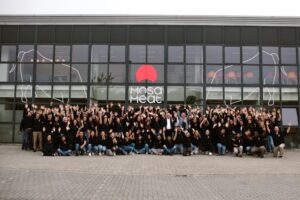
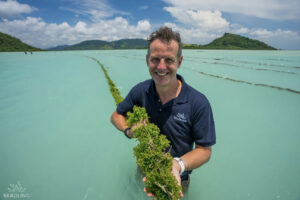

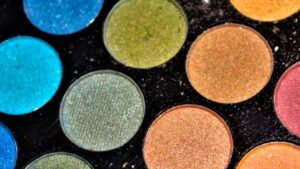
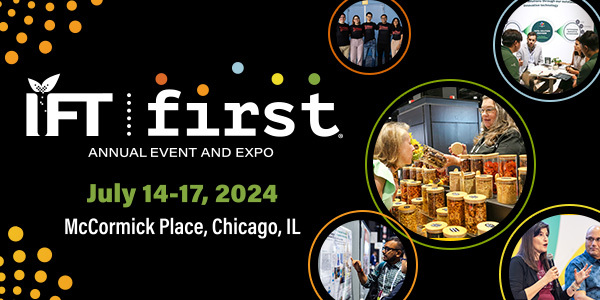
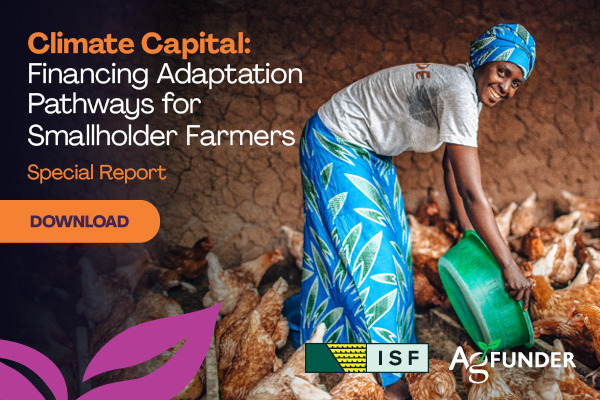
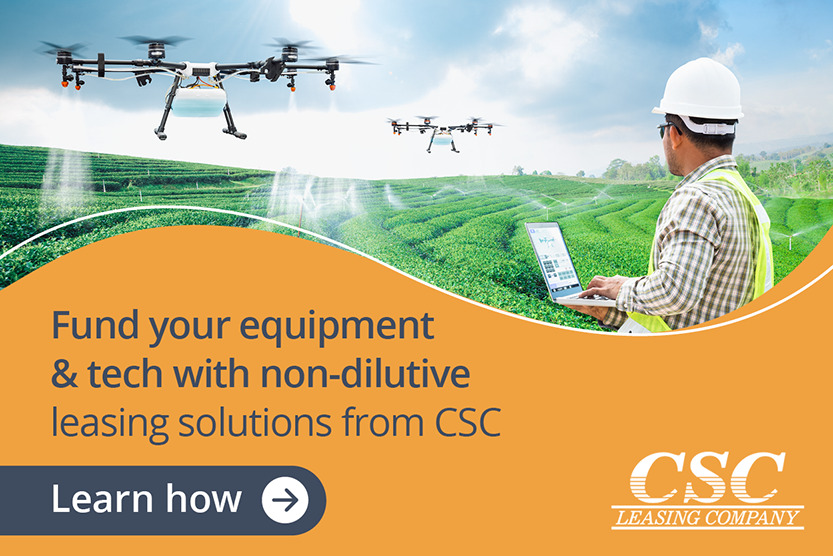


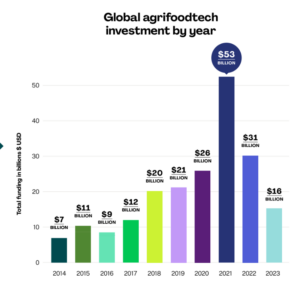
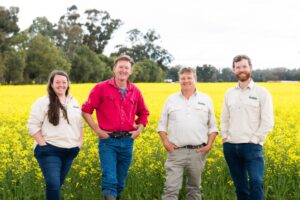


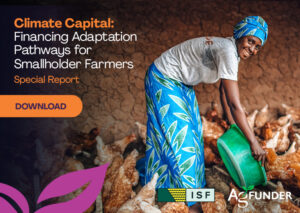

Sponsored
International Fresh Produce Association launches year 3 of its produce accelerator